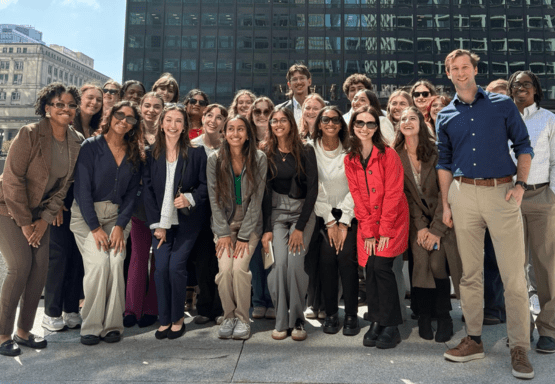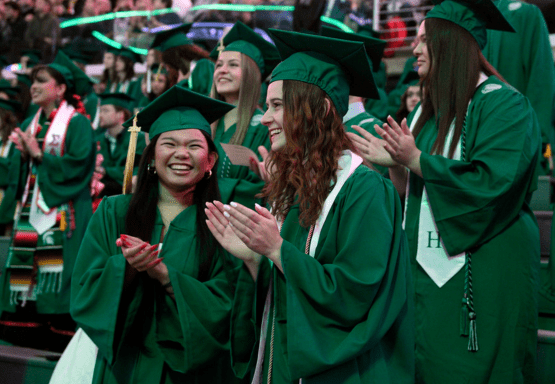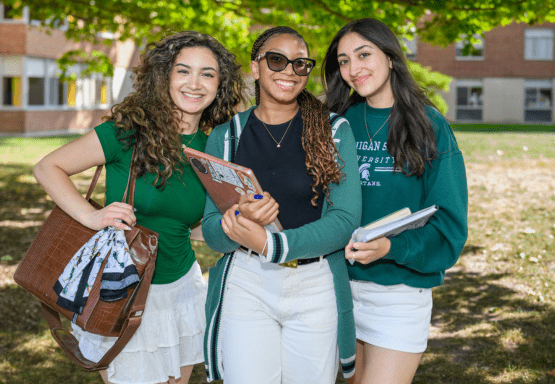“The collapse of the USSR was one of the most significant events of the last decades of the twentieth century---if not the most significant---especially if you understand the demise of the Warsaw Pact and the end of Soviet domination in Eastern Europe as but part of the “first act” of this “drama.” - Prof. OlcottThe Living Archive
The USSR did not simply fall apart because Communism was a flawed ideology. It fell apart because the political system was no longer able to govern—to meet and resolve conflicting political claims or regulate and manage the state-dominated economic system. This project should allow us to better understand the how and why this system fell apart, and maybe better understand warning signs in other political systems—even those with very different ideologies and political and economic systems, such as our own. - Prof. Olcott
The principal investigator for The Living Archive, Martha Brill Olcott, has been a professor at JMC since 2012. MSU Digital Librarian Megan Kudzia is her key partner in the project, responsible for helping resolve the myriad of technical challenges in this innovative effort to create a free publicly accessible and open educational resource. Terri Tickle Miller, Assistant Librarian at the MSU Library, and Matthew Zierler, Interim Dean of MSU’s Honors College and associate professor of James Madison College’s International Relations Program, have been co-investigators from the project’s onset. Matthew Pauly of MSU’s History Department joined them in 2020.
Twelve student assistants provide the backbone for The Living Archive. They are led by recent JMC graduates Michael Downs and Sofia Cupal, and include 10 other JMC students and recent graduates. All have strong Russian language or area skills, and several are preparing for graduate education in digital humanities or data science.
One thing that I love about the Living Archive that I could not (or typically would not) get from coursework is the experience of working on interdepartmental projects. Working directly with experts at the library, in the history department, and even at another university is such a unique opportunity to get during undergrad. – Bridie McBride, CCP 2020, Ann Arbor, MI
Nargis Kassenova at the Davis Center for Russian and Eurasian Studies at Harvard University is collaborating with the MSU team as a project partner. She is completing a series of interviews which will be linked to the archives. Columbia University’s Harriman Institute has also donated a major private collection of materials to be included in the archive.
This archive makes Michigan State University a major source for media on the final years of the U.S.S.R., the 14 independent states which emerged, contested border regions, and the Russian Federation. It also strengthens MSU’s claim to be a leading center and repository for publicly accessible Digital Humanities collections. The ambition of the project speaks to the academic excellence of Madison College, our students, and our professors. The Living Archive adds to the international impact of the College and MSU.
The Living Archive also has a profound impact on the student researchers and project team members. It adds value to Madison College’s living-learning environment, it enriches their relationships with fellow students and professors, and it is a transformational experience during their undergraduate education.
Being new to GIS software, I was interested if there was work to be done on that aspect of the project. Turns out there was a lot of work, and thus I somewhat organically took over the mapping part of the project. It is memorable to compare the early days on the project, just trying to figure things out and get up to speed with how things work, to now where I feel that I can make a lasting positive impact on the project and that my work has true value. Additionally, it has helped me more to appreciate and see the things others are good at. Watching the work being done on the stories for the project, the backend work with the project’s data, and the student managers keeping the whole thing rolling has really impressed me. - Gage Mosher, IR 2020, Bay City, MIbeckettr@msu.edu
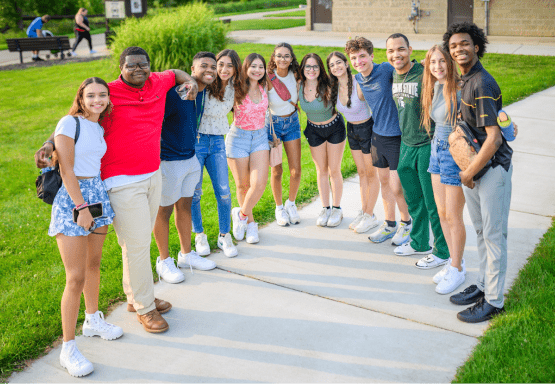
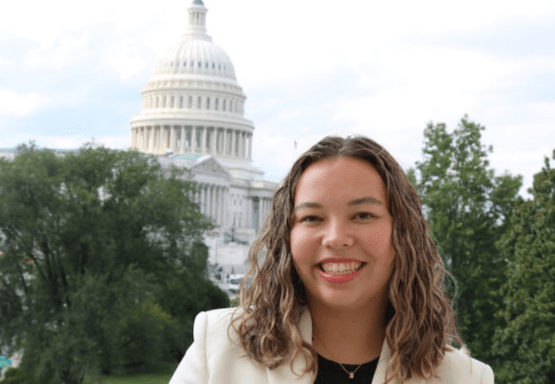
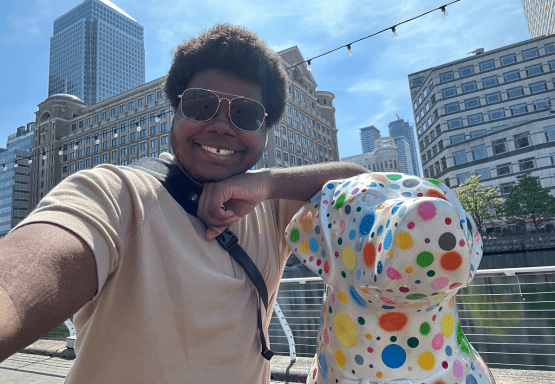
.png?h=384&iar=0&w=555)
